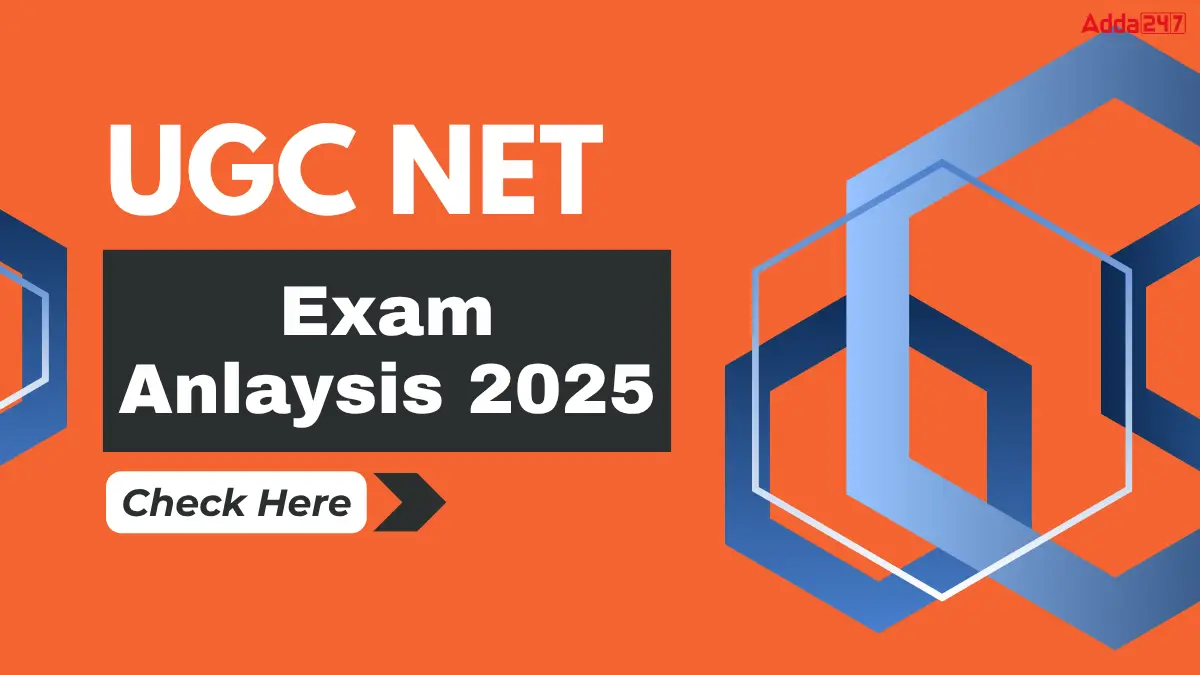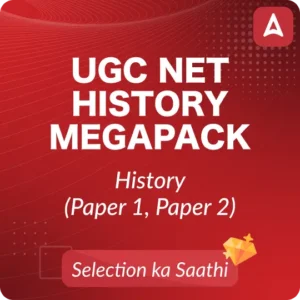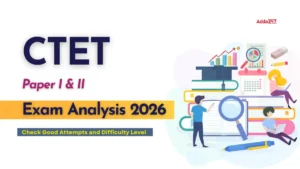Table of Contents
The UGC NET 2025 examination for the first shift on 28 June 2025 has successfully concluded. Conducted by the National Testing Agency (NTA) in Computer-Based Test (CBT) mode, the exam is being held in two shifts daily. In this article, we bring you the UGC NET 2025 Exam Analysis for June 28 (Shift 2), based on authentic feedback collected from students who appeared for the test as 1st shift has been concluded. The analysis includes section-wise difficulty levels, good attempts, and important topic areas. This insight will help aspirants understand the paper pattern and refine their strategies for upcoming shifts.
UGC NET 2025 Exam Analysis (June 28): Overview
The Paper 1 of UGC NET 2025 held on June 28 focused on assessing candidates’ general teaching and research aptitude. Based on student responses:
- Overall Paper Level: Easy to Moderate
- Nature of Questions: Direct, factual, and some requiring conceptual clarity
- Time Management: Manageable
- Question Type: Match the column, chronology, numerical, and full-form based
- Overall Good Attempts: 42-48 questions out of 50 in Paper 1
UGC NET 2025 Paper 1 Exam Analysis -Shift 2
The UGC NET Paper 1 conducted recently was rated as Easy to Moderate by most students. The paper maintained a balanced structure across all 10 units, with a fair mix of factual, analytical, and application-based questions. Topics like teaching methods, environmental awareness, research methodology, ICT, and logical reasoning were prominently featured. Below is the section-wise exam analysis based on student feedback.
| Section | Questions & Examples (as shared by students) | Difficulty Level | Good Attempts |
|---|---|---|---|
| Teaching Aptitude |
|
Easy to Moderate | 4-5 |
| Research Aptitude |
|
Moderate | 3-4 |
| Reading Comprehension | – RC on Consumer Protection Act (new topic) | Easy | 4 |
| Communication | –
|
Easy to Moderate | 4 |
| Reasoning (Logical) | –
|
Moderate | 3-4 |
| Mathematical Reasoning | –
|
Moderate | 3-4 |
| Data Interpretation (DI) |
|
Easy | 4-5 |
| ICT (Information Technology) | –
|
Easy | 4-5 |
| People & Environment | –
|
Moderate | 3-4 |
| Higher Education System | –
|
Moderate | 3-4 |
UGC NET 2025 Exam Analysis – Shift 1
The UGC NET 2025 Paper 1 conducted on 28 June 2025 (Shift 1) covered all ten sections of the syllabus as per the standard pattern. According to student feedback, the paper maintained a conceptual balance with a slight focus on teaching aptitude, communication, and ICT. Several questions were based on match-the-column, chronology, factual data, and statement analysis formats. Below is a section-wise breakdown of the important topics asked in the exam:
| Section | Topics Covered | Difficulty Level | Good Attempts (Out of 5) |
|---|---|---|---|
| Teaching Aptitude | Teaching characteristics, BF Skinner, Mass media, Student-centered teaching | Easy to Moderate | 4 |
| Research Aptitude | Hypothesis, Research problem, Steps of research, ICSSR, NEP | Moderate | 3-4 |
| Reading Comprehension | Based on Books (not specified in feedback) | Easy | 4 |
| Communication | Types of communication, Shannon model, email attachment | Easy | 4-5 |
| Logical Reasoning | Syllogism, Logical equivalent, Fallacy, Venn diagram, Square of opposition, Hetvabhas, Vyapti, Indian Logic.Moods & Figure | Moderate | 3-4 |
| Mathematical Reasoning | Clock angle, Milk+Water, CP-SP, SI, CI, Average | Moderate | 3-4 |
| Data Interpretation (DI) | Table-based DI, Easy level | Easy | 4 |
| ICT (Information Technology) | MS-DOS full form, Innovation, Printer, MOOC, Email terms, sms email – Chronology | Easy | 4-5 |
| People & Environment | Earth Day, Ozone Day, Health Day chronology, Pollutants, Deficiency diseases, Endocrine disruption | Moderate | 3-4 |
| Higher Education System | UGC, NITI, Planning chronology, ICSSR, Universities, Commissions (chronology based) | Moderate | 3-4 |
Overall Feedback of Students for UGC NET 2025 – 28 June
The UGC NET 2025 Paper 1 held on 28 June received a mixed yet largely positive response from students. Most candidates found the exam to be balanced, with questions distributed evenly across all sections. The paper maintained a fair level of difficulty, with several questions appearing from previously asked patterns and expected topics.
Shift 2
- The overall difficulty level was reported as easy to moderate.
- All ten units were evenly represented in the paper.
- Questions were a mix of conceptual, factual, and application-based types.
- Logical reasoning and ICT were slightly tricky for some candidates.
- Data Interpretation and Teaching Aptitude were considered the most scoring.
- Several questions reflected contemporary trends and digital tools.
- Most students felt the paper was within the expected syllabus and format.
- Well-prepared candidates found the paper manageable and time-efficient.
Shift 1
- Overall Paper Level was rated as Easy to Moderate.
- Teaching Aptitude, ICT, and Communication were found to be the most scoring and straightforward sections.
- Data Interpretation was rated easy but required careful reading.
- Sections like Logical Reasoning and Research Aptitude included conceptual and application-based questions, increasing the difficulty slightly.
- A noticeable number of questions were based on chronology and match-the-column formats.
- Many students appreciated that the paper was within syllabus expectations, though a few found certain topics slightly tricky.
- On average, students attempted around 42 to 46 questions with accuracy in Paper 1.




 CTET Exam Analysis 2026 for 8 Feb, Check...
CTET Exam Analysis 2026 for 8 Feb, Check...













